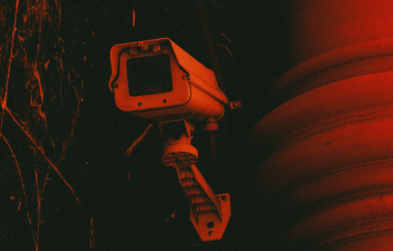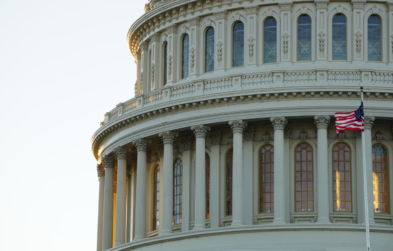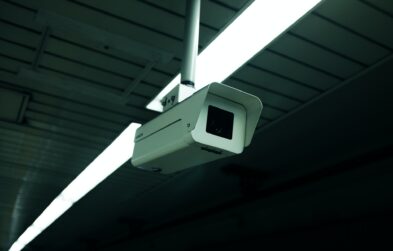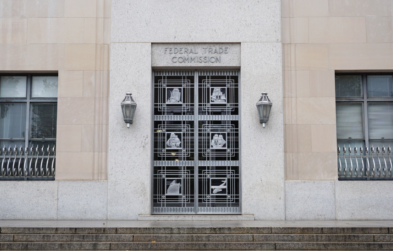Surveillance
-
April 9, 2024
FISA 702 Reauthorization Amendments: The Second Time is Not the Charm
In December 2023, the House Permanent Select Committee on Intelligence (HPCSI) unsuccessfully tried to expand the government’s authority under FISA 702 by permitting it to compel a broader swath of U.S. companies and persons to...
Marc Zwillinger, Steve Lane, Jacob Sommer

-
December 8, 2023
House Intelligence Committee FISA “Reform” Bill Would Greatly Expand the Class of Businesses and Other Entities Required to Assist in FISA 702 Surveillance
Yesterday the House Permanent Select Committee on Intelligence unanimously approved the FISA Reform and Reauthorization Act of 2023 (FRRA), which would reauthorize Section 702 of the Foreign Intelligence Surveillance Act (FISA 702). The full House is...
Marc Zwillinger, Steve Lane

-
November 17, 2023
Congress Unveils Bill That Would Overhaul Government Surveillance Laws, Including ECPA
A bipartisan group of lawmakers has introduced proposed legislation that would impose substantial restrictions on government surveillance and access to data. The Government Surveillance Reform Act (“GSRA”) is a comprehensive privacy reform bill that would: (1) reauthorize...
Emma Bourgeois, Steve Lane, Marc Zwillinger

-
October 28, 2022
Another Geofence Warrant Knocked Down
Adding to the growing number of courts that have struck down the procedures that Google and law enforcement have put in place for “geofence warrants,” a California trial court recently suppressed evidence obtained via such a...
Bart Huff, Daniel de Zayas

-
October 7, 2022
Son of Son of Safe Harbor: A Schrems Solution Arrives
Today, the U.S. took a giant step toward resolving the “Schrems II” EU data transfer problem, possibly allowing the United States to earn a partial adequacy determination from the European Commission early next year. President...
Hannah Schaller, Cat Kellogg, Mason Weisz

-
August 12, 2022
FTC Raises Prospect of Future Consumer Data Regulations
On August 11, 2022, the Federal Trade Commission (“FTC”) issued an Advance Notice of Proposed Rulemaking (“ANPR”) seeking public comment regarding the collection, aggregation, analysis, retention, transfer, or monetization of consumer data, which the FTC calls “commercial surveillance,”...
Hannah Schaller, Kandi Parsons

-
November 18, 2020
EDPB’s Schrems Guidance: What It Means for Business
Per the European Data Protection Board’s (EDPB) draft recommendations on data transfers following the Schrems II decision, data exporters and importers must work together to determine whether the importer country’s law ensures an essentially equivalent level of...
Liz DeYoung, Charlotte Kress, Melissa Maalouf, Mason Weisz, Marc Zwillinger

-
August 20, 2020
Supplementing SCCs to Solve Surveillance Shortfalls
This article was originally published in the IAPP Daily Dashboard on August 19, 2020. By invalidating the EU-U.S. Privacy Shield but not rejecting wholesale the use of standard contractual clauses to transfer data to the U.S., the...
Marc Zwillinger, Mason Weisz, Kandi Parsons

-
June 23, 2020
First Circuit Rejects Attempt to Extend Carpenter to Public Surveillance Cameras
In United States v. Moore-Bush, the First Circuit recently reversed a Massachusetts District Court decision finding that the Fourth Amendment prohibited sustained video surveillance conducted using a pole-mounted camera in a public space. The Court held that the district...
Marc Zwillinger, Jacob Sommer, Marielena Reyes


